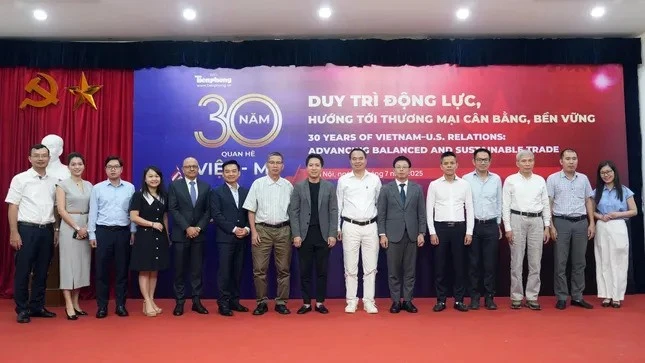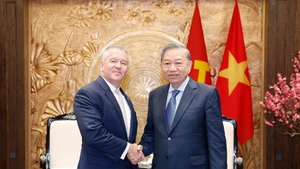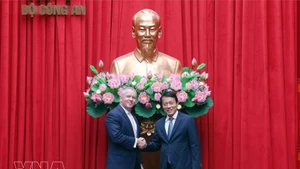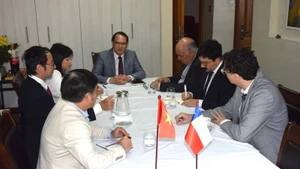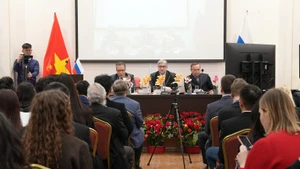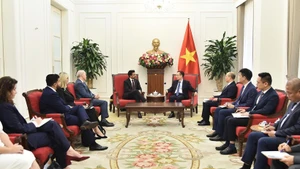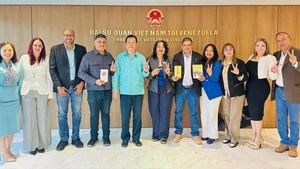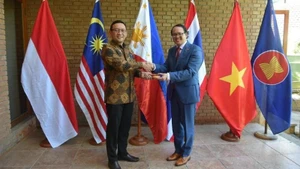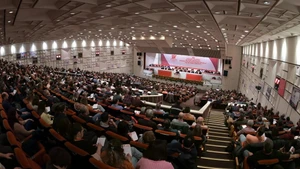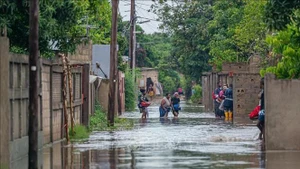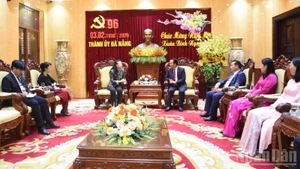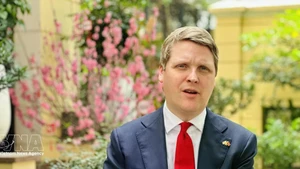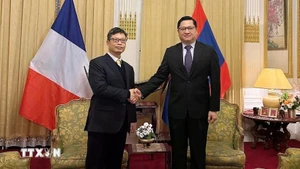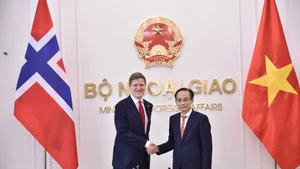The assessment was shared at a forum titled “30 Years of Viet Nam - US Relations: Advancing Balanced and Sustainable Trade”, held in Ha Noi on July 11 by Tien Phong (Vanguard) Newspaper.
The event brought together diplomats, scholars, trade promotion officials, and business leaders to reflect on past achievements and explore new opportunities for cooperation.
Speaking at the event, journalist Phung Cong Suong, Editor-in-Chief of Tien Phong Newspaper, said the three decades of the bilateral ties reflect not only the passage of time but the depth of trust and dialogue between two former adversaries.
Suong recalled words by Pete Peterson, the first US Ambassador to Viet Nam and a former prisoner of war, who said that he came to Viet Nam twice, once to fight, and once to reconcile. No journey is more worthwhile than the second journey.
Participants highlighted that the Viet Nam-US relationship has expanded across multiple sectors, with trade and investment cooperation remaining a key pillar. Over the past three decades, two-way trade has increased more than 300 times, with Viet Nam becoming a major player in global supply chains. Many major US corporations now view Viet Nam as a strategic manufacturing and consumer market, while more Vietnamese firms are entering the highly competitive US market.
Former Deputy Minister of Foreign Affairs and former Vietnamese Ambassador to the US Pham Quang Vinh noted that the past 30 years reflect a journey of growing mutual understanding and strategic trust. The Viet Nam-US relations have developed in parallel with Viet Nam’s reform and global integration process, he said, adding that these two paths reinforce one another.
Economist Dr. Can Van Luc, a member of the Prime Minister’s Economic Advisory Council, said there remains untapped potential in bilateral trade.
The two economies complement each other more than they compete, he said, citing Viet Nam’s young population, affordable labour costs, and institutional reforms as factors that could boost its global competitiveness.
“The hardest part is behind us. There’s no reason we can’t keep building on what we’ve achieved,” Luc said.
